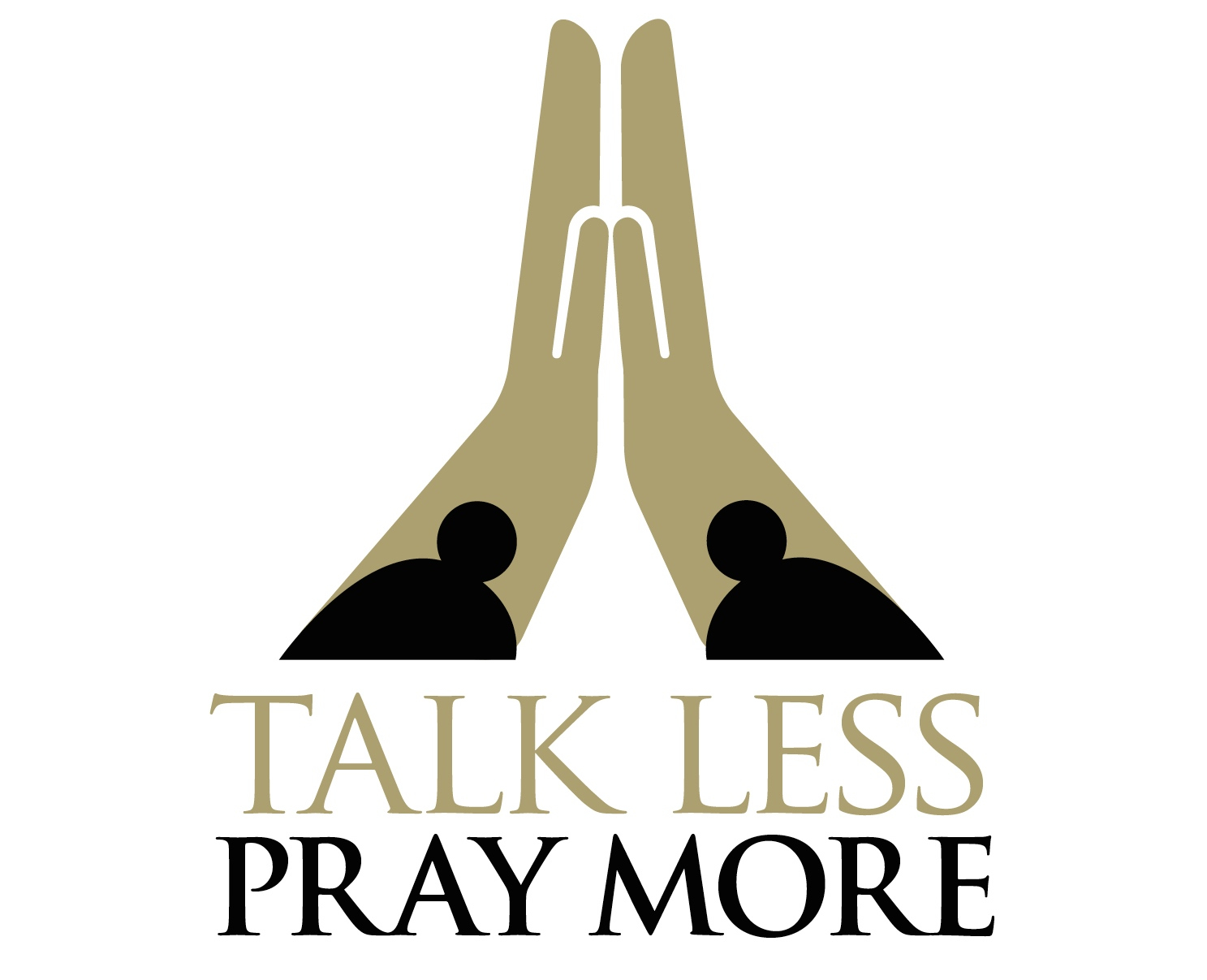“I have seen this people, and behold, they are an obstinate people. Now then let Me alone, that My anger may burn against them and that I may destroy them; and I will make of you a great nation. Then Moses entreated the Lord His God.” Exodus 32:9-11
Two worlds collide when an intercessor stands in the gap between Holy God and an obstinate people. An entreaty is not a call for well-deserved judgment. It is a passionate prayer for undeserved mercy. Moses modeled it. Jesus continues it.
Intercessors do their best work when they see sin the way God sees it. Those who pray to God intending to excuse, rename, or condone sin are not honest brokers seeking God’s mercy. They are obstacles to it. Drifting from prayer does not increase your mercy for sinners. It increases your blindness to sin.
Intercession is not a matter of siding with sin against an angry God. It is the capacity to see sin for what it is, hate it the way God hates it, but still seek His mercy for people who are obstinate enough to live in it.
“’Turn from Your burning anger and change Your mind about doing harm to Your people.’…So the Lord changed His mind.” V. 14
Moses was not a man without a temper who suffered fools gladly, but he suffered them nonetheless. He was not above expressing his anger towards the complaining, murmuring people he had been called to lead, but when their future was in the balance, he interceded for them.
“Discernment is God’s call to intercession, never fault-finding.” Oswald Chambers
Moses had yet to see what God had seen, so he did not have the same clear perspective on what sin had done to the people. His prayer was not completely informed, but it was infused with passion for the promise God had made to His people. His prayer was a balanced concern for a protection of God’s reputation and the integrity of His promise made to His people.
“Then Moses turned and went down from the mountain with the two tablets of the testimony in his hand…It came about, as soon as Moses came near the camp that he saw the calf… and Moses’ anger burned, and he threw the tablets from his hands and shattered them at the foot of the mountain.” V. 15-19
When Moses got a firsthand glimpse of what God had seen, he gave the obstinate people a choice. “Whoever is for the Lord, come to me!” V. 26
The sons of Levi came to Moses and were charged with killing those who refused to turn back to God. After 3,000 obstinate people died, Moses explained that this was done – “in order that He may bestow a blessing upon you today.” V. 29
The changing of God’s mind was a blessing, but it did not wipe out all the consequences of the people’s sin. God did not blot out the people, but he did not ignore their idolatry. He never will.
Moses returned to the mountain to restore what sin had cost an obstinate people. The loss of intimacy with God is the high price of sin. Punishment won’t restore it. Repentance will.
“Two things break the heart of God. Rebellion and repentance.” Don Miller, Bible Based Ministries
“Now I am going up to the Lord, perhaps I can make atonement for your sin.” V. 30
As Moses prayed, his words seem to have taken his breath away. Between “If” and “If not” Moses shifts from passionate intercession to complete identification. This unfinished prayer is one of the finest expressions of entreaty in the Bible. He calls on God to treat him the same way He would treat the people if they cannot be forgiven. The very essence of entreaty is intercession that leads to identification with people in need of mercy.
“Alas, this people has committed a great sin, and they have made a god of gold for themselves. But now, if You will, forgive their sin – and if not, please blot me out of Your book which you have written!” V. 32
NOTE TO SELF: Judgment begins at the house of God. Praying for your nation to experience a Great Awakening will not exempt the church from being punished for turning to idols that have robbed the people of intimacy with God. Awakening removes anything that has pushed prayer to the back burner of the church. Repentance doesn’t remove consequences of rebellion, but don’t be obstinate. Repent anyway. TALK LESS! PRAY MORE!
“I will punish them for their sin. Then the Lord smote the people, because of what they did with the calf which Aaron made..” V. 35
